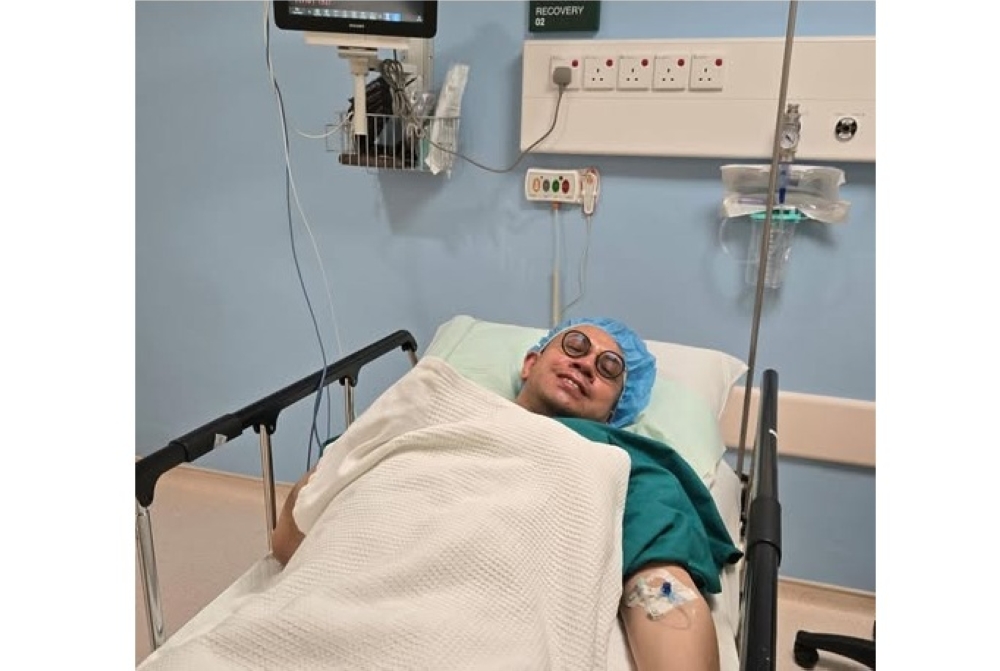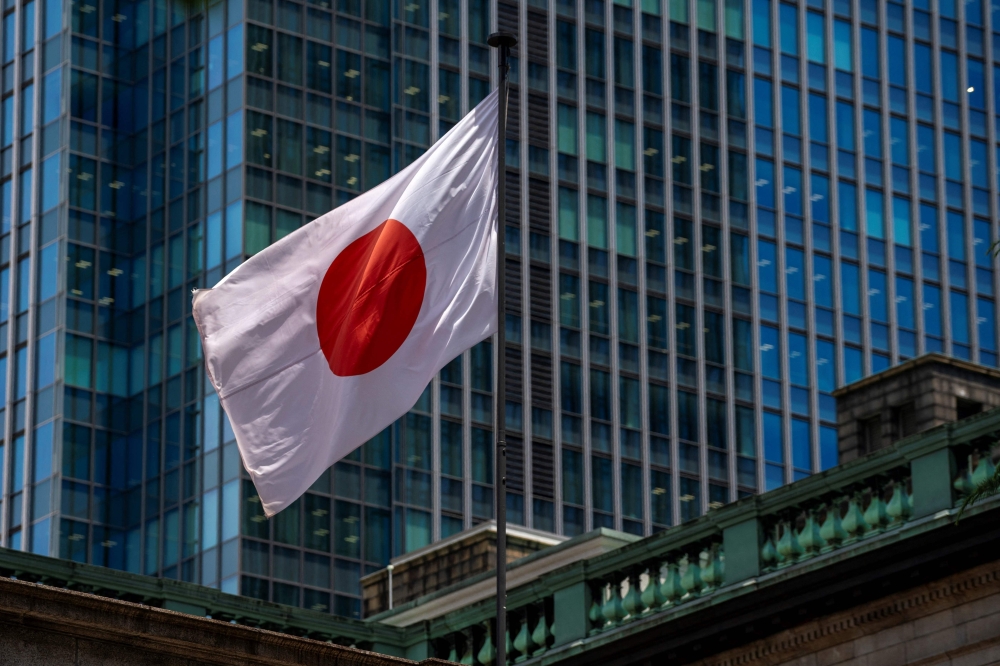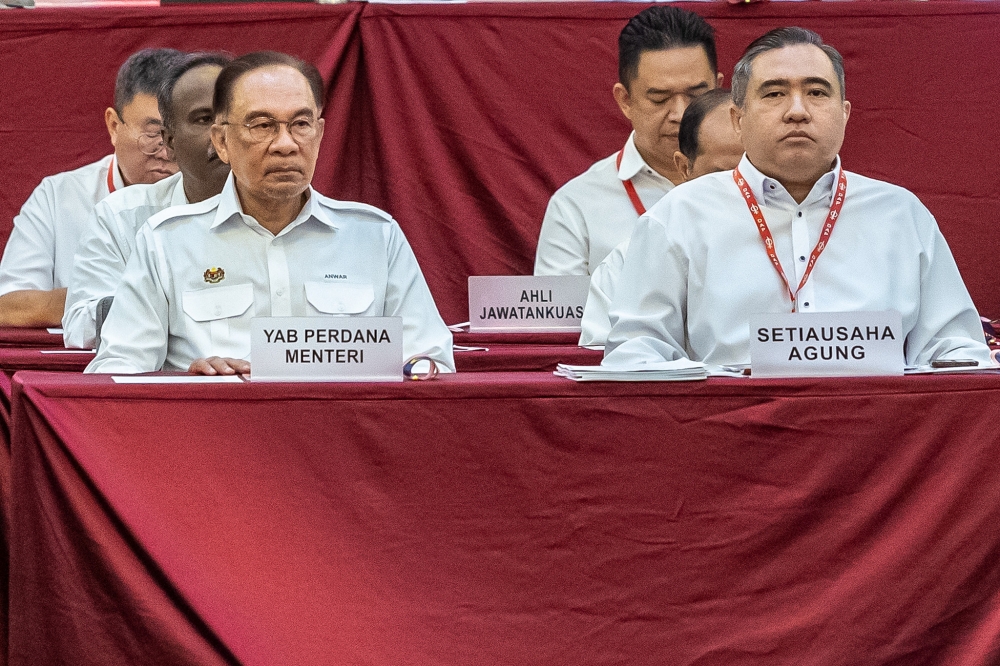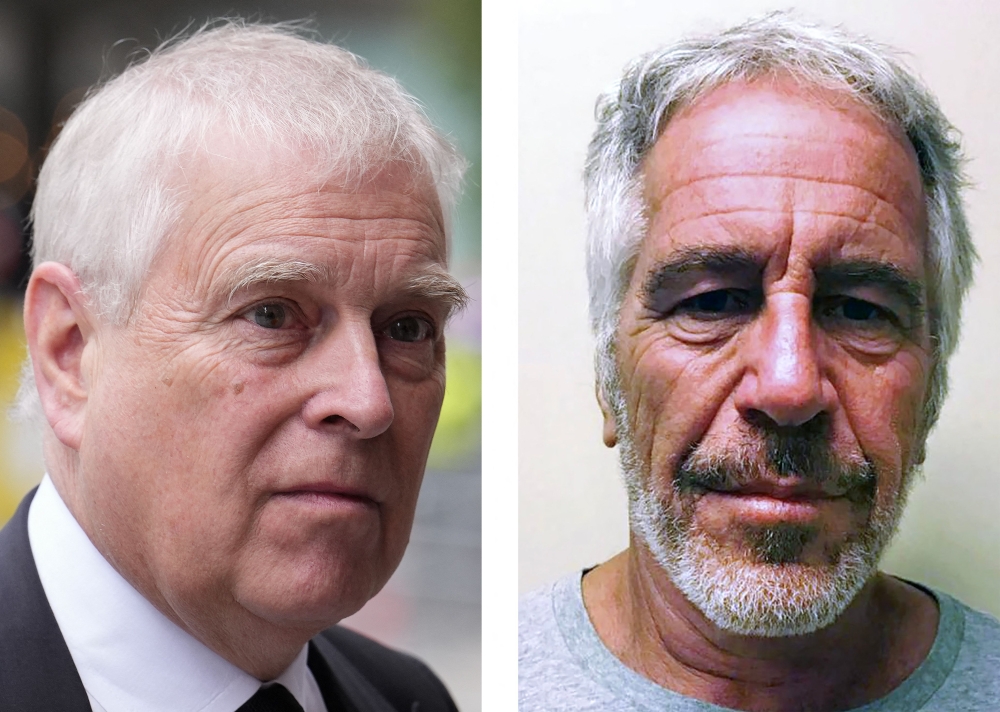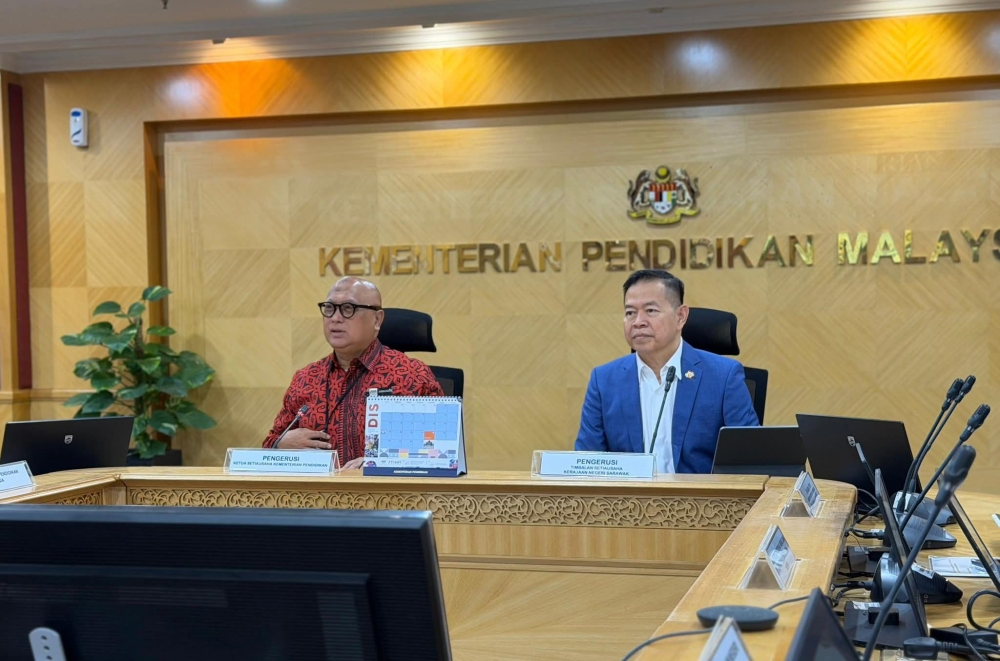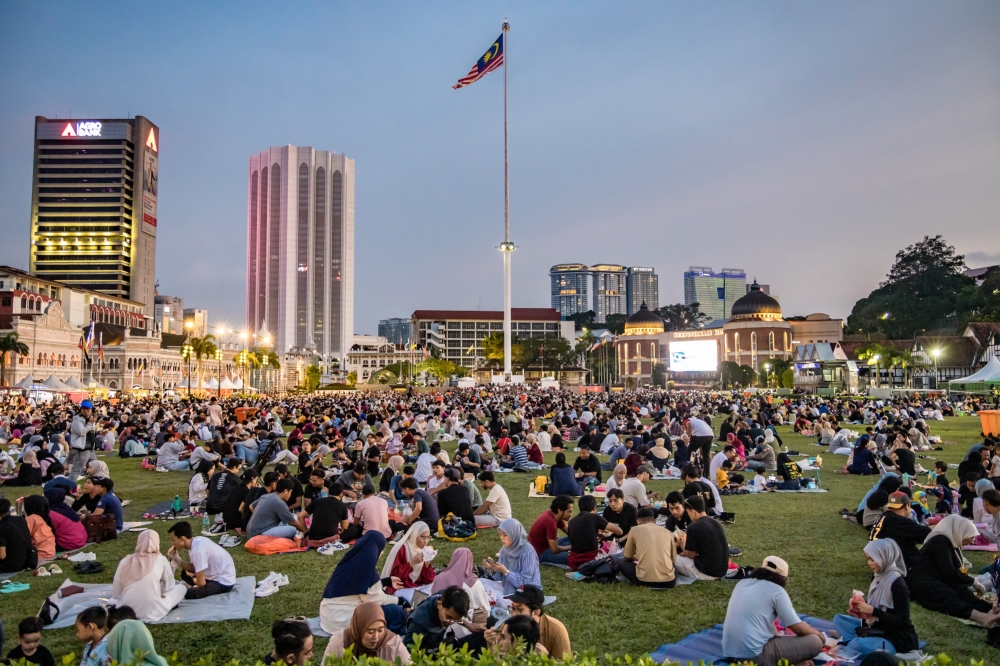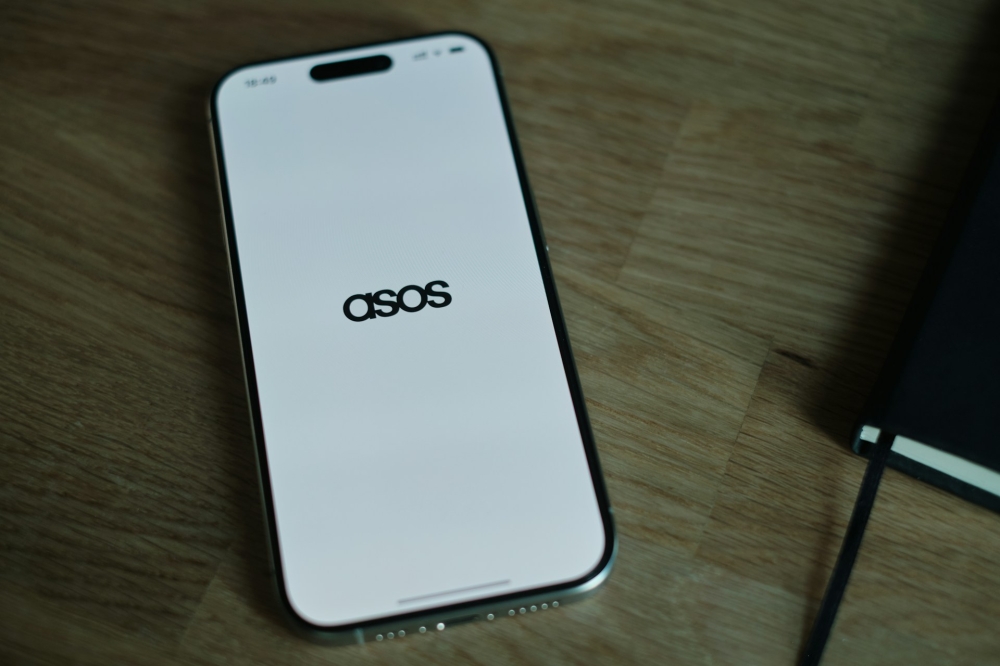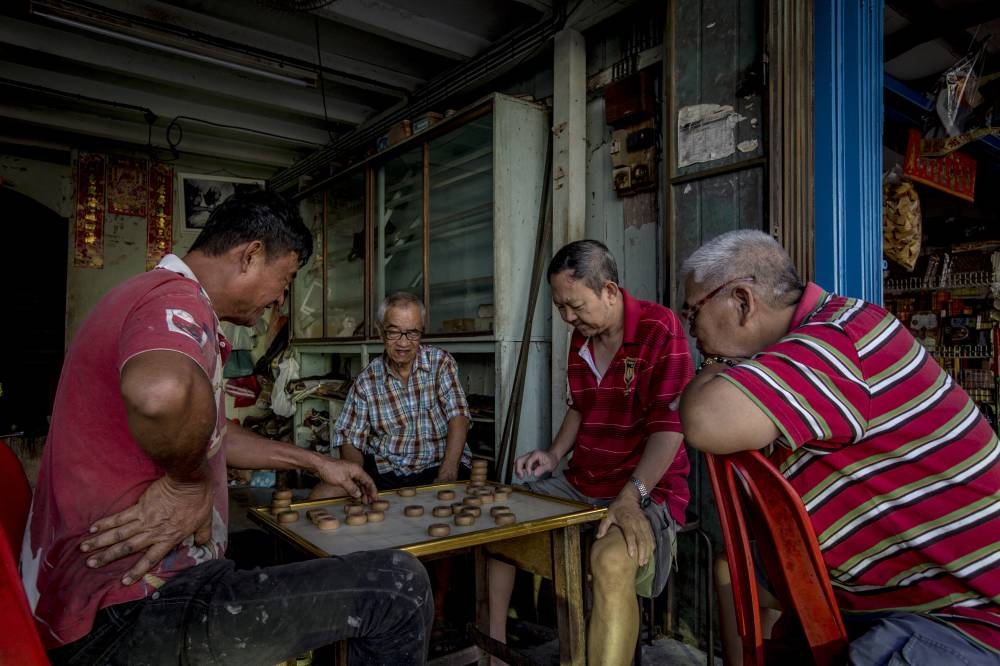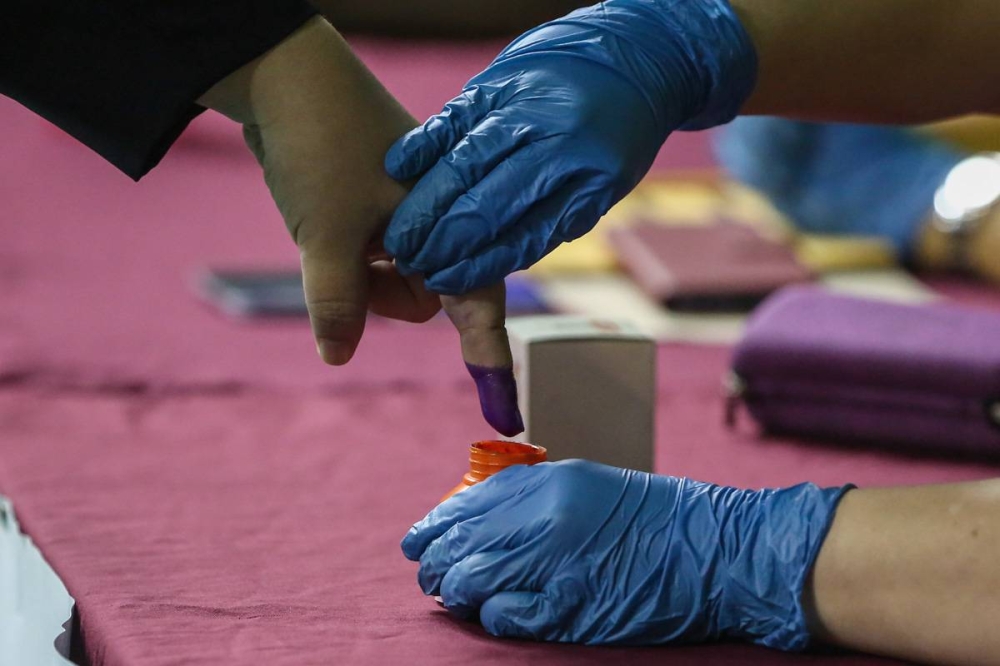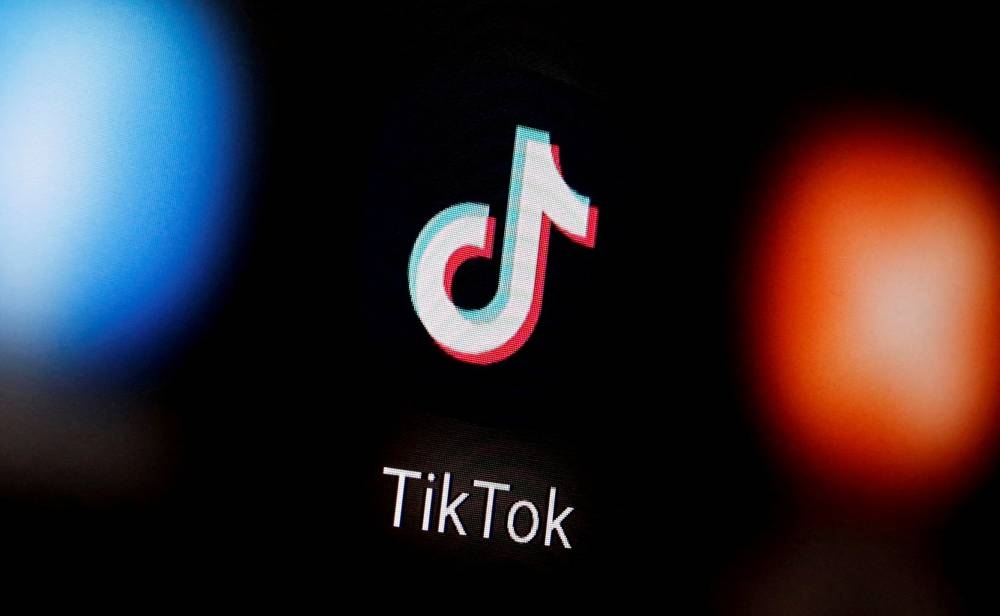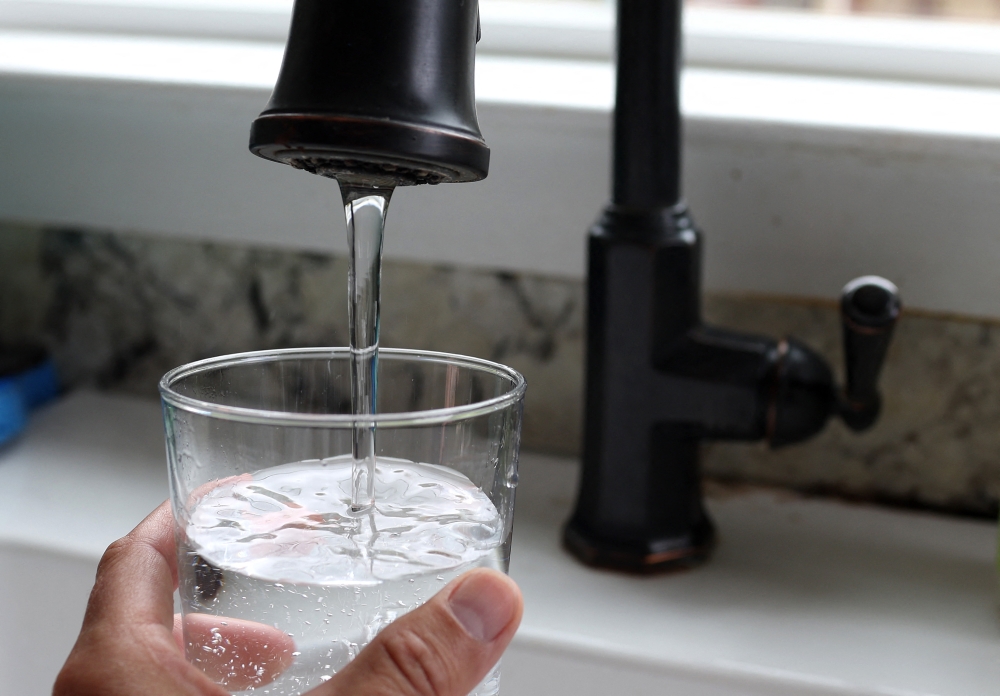OCTOBER 5 — Inconclusive. Inconclusive. Inconclusive.
I stared at the results of the ECG readings from my smartwatch, the weird little dips on the graph that I knew were from when my heart was palpitating so hard I could feel my chest rise up to meet my hand.
Heart palpitations are nothing new to me as they have been a frequent fixture of my childhood and by all accounts, perfectly normal for most people.
These were different. I was just lying there and yet my heart was thumping at odd intervals, as though it was threatening to leap right out of my body.
Do I need to call an ambulance? Or should I just go to the nearest 24-hour clinic with an ECG?
Some people would err on the side of caution but I had no other symptoms. No headaches. No pain in other extremities.
Well... if I wake up tomorrow, I guess I’m fine.
Still I had on hand emergency numbers. I could just knock on my housemate’s room door and ask her to to keep me company if it came to the worst or call a friend to take me to the nearest hospital, if I didn’t think an ambulance would come in time.
You can’t rush health
As I am still here writing my column, obviously I did wake up the next morning.
Since I still didn’t feel terrible I decided to just have a relaxed outing at a mall, sang some karaoke, and ate some nice food though my heart continued to beat a little too loudly.
It wasn’t until the evening when my ECG readings finally normalised and my suspicion that my heart had just been overtaxed with my new workout routine was (likely) proven.
Because I am occasionally extremely lacking when it comes to a sense of self-preservation, I had signed up for a half-marathon at the end of the year.
Thus I had been running five times a week and my heart, it seems, was very disapproving.
My sage advice to any of you deciding to go straight into hard training after previously being a lounging human potato: don’t do it.
After a little research I have now modified my workout routine to three runs a week, one session of cardio, one session of cross-training and two rest days.
It means I likely won’t finish the race in less than two hours but it also means I won’t (touch wood) drop dead from a heart attack before race day.
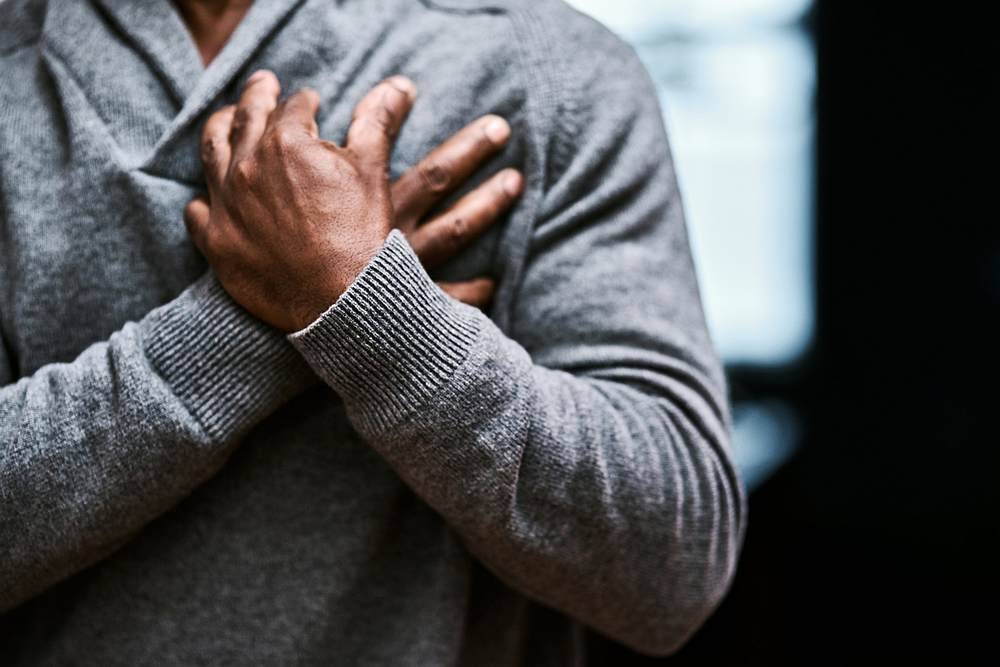
The health director-general recently made rather exasperated sounding comments about how costs are increasing for the treatment of heart disease.
He cited the latest statistics of ischemic heart disease being the main cause of death in Malaysia, 17 per cent in 2020 as compared to 11.6 per cent in 2000.
The heart is a tricky little thing as I had discovered and the reality is we do not really know how long it can last.
It is why a low resting heart rate is considered a good thing — the slower your heart beats, the slower the journey to its eventual demise.
I lost a friend to a sudden heart attack recently and another friend is currently dealing with a diagnosis of high blood pressure, so that it is hard to run away from a looming sense of my own mortality.
I wish however that the Health Ministry would stop ignoring the fact that alleviating poverty is also healthcare.
The shaming is never-ending — Malaysians don’t exercise enough, don’t eat healthy, don’t give a good example to their kids, don’t walk enough... we really need to stop ascribing to personal responsibility what should be matters of public health.
Welfare departments, the Health and Finance ministries should all be working together on poverty alleviation as well as preventative health.
For people like me, I can afford healthy food and I have access to resources for optimum health — it helps too that I often write about the intersection between tech and healthcare.
The average Malaysian who lives too far from public transit, who is stuck in a car for hours to and from work, dealing with inflation and other stressors — do we really need to place the burden of heart health solely on individuals’ shoulders?
We cannot keep harping on about healthier choices when those choices are not actually options for too many people.
You want people to eat more vegetables? Sponsor community gardens and empower farmers (that is a whole other long talk for another day).
Make basic foodstuffs freely available. Provide shaded walkways and last-mile solutions so people can get to transit stations.
If you insist on making people buy cars, also encourage them not to use them unless absolutely necessary and not for a two-minute drive to the 7-11.
The solution to a healthier nation is inclusivity — until we can all afford to make healthy lifestyle decisions, our nation’s future will see nothing but mounting healthcare bills.
As I’ve said way too many times; we should make it easier for people to live instead of making it more desirable to die.
A good, healthy life should be a right and not one accessible only to the very rich.
* This is the personal opinion of the columnist.

